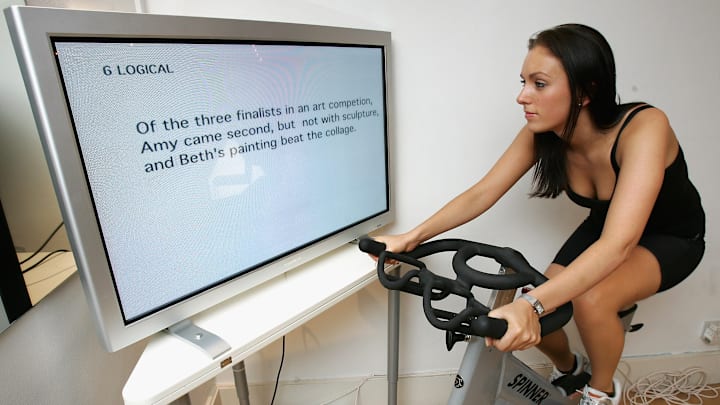What Happens to Your Brain When You Exercise?

Opening Moves: It’s Not Just About the Body
You already know exercise is good for your heart, muscles, and metabolism—but what about your brain? Turns out, the real MVP of your workout might be your mind. Every time you move your body—whether it’s a jog, a dance session, or a sweaty gym set—you’re setting off a cascade of neurological reactions that can change your mood, memory, and even creativity.
Neurotransmitter Fireworks
Let’s start with the instant impact. As you move, your brain pumps out feel-good chemicals: dopamine, serotonin, and endorphins. These natural mood-lifters help reduce anxiety and sharpen your sense of well-being. That “runner’s high” everyone talks about? It’s real—and it’s your brain's way of rewarding motion.
But it’s not just about feeling good in the moment. Regular exercise literally rewires your brain. Studies show that physical activity boosts neurogenesis—the creation of new neurons—particularly in the hippocampus, the part of the brain responsible for memory and learning. That means a regular workout habit could help keep your mind younger, longer.
Focus, Creativity, and a Clearer Head
Ever notice how a walk can spark a fresh idea or help you sort through a tricky problem? There’s a reason for that. Exercise improves blood flow to the brain, which boosts oxygen and nutrient delivery. More oxygen = sharper thinking.
Plus, movement gives your prefrontal cortex—a part of the brain involved in decision-making and concentration—a healthy workout. Think of it as mental cross-training. One study even found that walking increased creative output by up to 60%. Not bad for a stroll around the block.
The Long Game: Mental Health and Mood
If you’ve ever used exercise to manage stress or calm down after a rough day, you're tapping into one of its most powerful benefits. Exercise can help regulate cortisol levels and improve resilience to stress. Long-term, it's been shown to reduce symptoms of depression and anxiety—and in some cases, it’s as effective as medication or therapy.
So the next time you think, “I should work out,” consider reframing it. Maybe you’re not just training your body. Maybe you’re fine-tuning your most powerful tool: your brain.